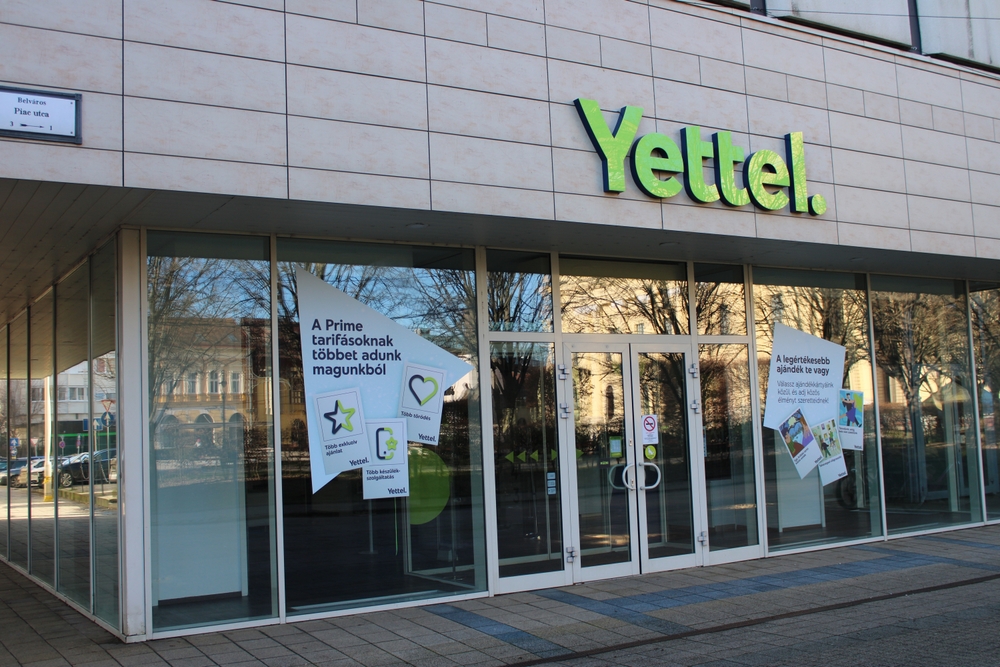Hungary state debt reaches 74.3% of GDP at the end of Q3

pixabay
Hungaryʼs state debt, calculated according to Maastricht rules, stood at 74.3% of GDP at the end of September, down from 75% of GDP at the end of June, the National Bank of Hungary (MNB) has announced concerning Hungaryʼs financial accounts.
In nominal terms, state debt reached HUF 25.883 trillion in Q3. It was slightly down from HUF 25.908 tln at the end of Q2 2016. Net borrowing increased the nominal figure by HUF 153 billion, but revaluations decreased it by HUF 178 bln in the third quarter.
Net liabilities of the general government amounted to HUF 22.578 tln or 64.9% of GDP at the end of the third quarter.
The net financing requirement of the general government, which is a good approximation of the general government deficit, was negative, meaning the government was a net lender. Net lending came to HUF 18 bln or 0.1% of GDP in the four quarters to the end of Q3. Net financing requirement for four quarters was at HUF 389 bln at the end of Q2.
In Q3 alone general government net lending, calculated from the financing side, was HUF 356 bln or 3.9% of quarterly GDP. In Q2 net financing requirement was HUF 49 bln or 0.6% of GDP.
In Q3, net lending of central government amounted to HUF 319 bln. On the assets side of the sub-sectorʼs balance sheet, there was a notable increase in deposits placed with the central bank and credit institutions. Shares held by the central government sub-sector also rose due to transactions. Financial derivatives and receivables from the EU declined sharply.
On the liabilities side, there was a much smaller increase in respect of treasury bills than in the previous quarter, as purchases by the household sector rose much less strongly, and treasury bills held by the financial corporate sector fell significantly. Holdings of government bonds rose significantly, reflecting massive net sales and credit institutions purchases.
Net lending of local governments was HUF 72 bln in 2016 Q3. Within the sub-sectorʼs financial assets, local government deposits placed with credit institutions rose significantly. Within liabilities of local governments, other accounts payable to the corporate sector increased.
Net borrowing of the social security funds was HUF 35 bln in 2016 Q3. On the assets side deposits held with central government and receivables from households fell. On the liabilities side, the stock of short-term loans granted by central government increased.
Net lending of households was equivalent to 4.8% of quarterly GDP in the four quarters to 2016 Q3. The sectorʼs financial savings have increased steadily in recent quarters and reached HUF 203 bln or 2.3% of quarterly GDP in 2016 Q3. Purchases of government securities continued to be dominant within financial investments by the household sector.
Net lending of non-financial corporations was HUF 79 bln or 0.2% quarterly GDP in the four quarters to 2016 Q3. By contrast, the sector registered a net borrowing of HUF 66 bln or 0.7% of quarterly GDP in the third quarter.
SUPPORT THE BUDAPEST BUSINESS JOURNAL
Producing journalism that is worthy of the name is a costly business. For 27 years, the publishers, editors and reporters of the Budapest Business Journal have striven to bring you business news that works, information that you can trust, that is factual, accurate and presented without fear or favor.
Newspaper organizations across the globe have struggled to find a business model that allows them to continue to excel, without compromising their ability to perform. Most recently, some have experimented with the idea of involving their most important stakeholders, their readers.
We would like to offer that same opportunity to our readers. We would like to invite you to help us deliver the quality business journalism you require. Hit our Support the BBJ button and you can choose the how much and how often you send us your contributions.







